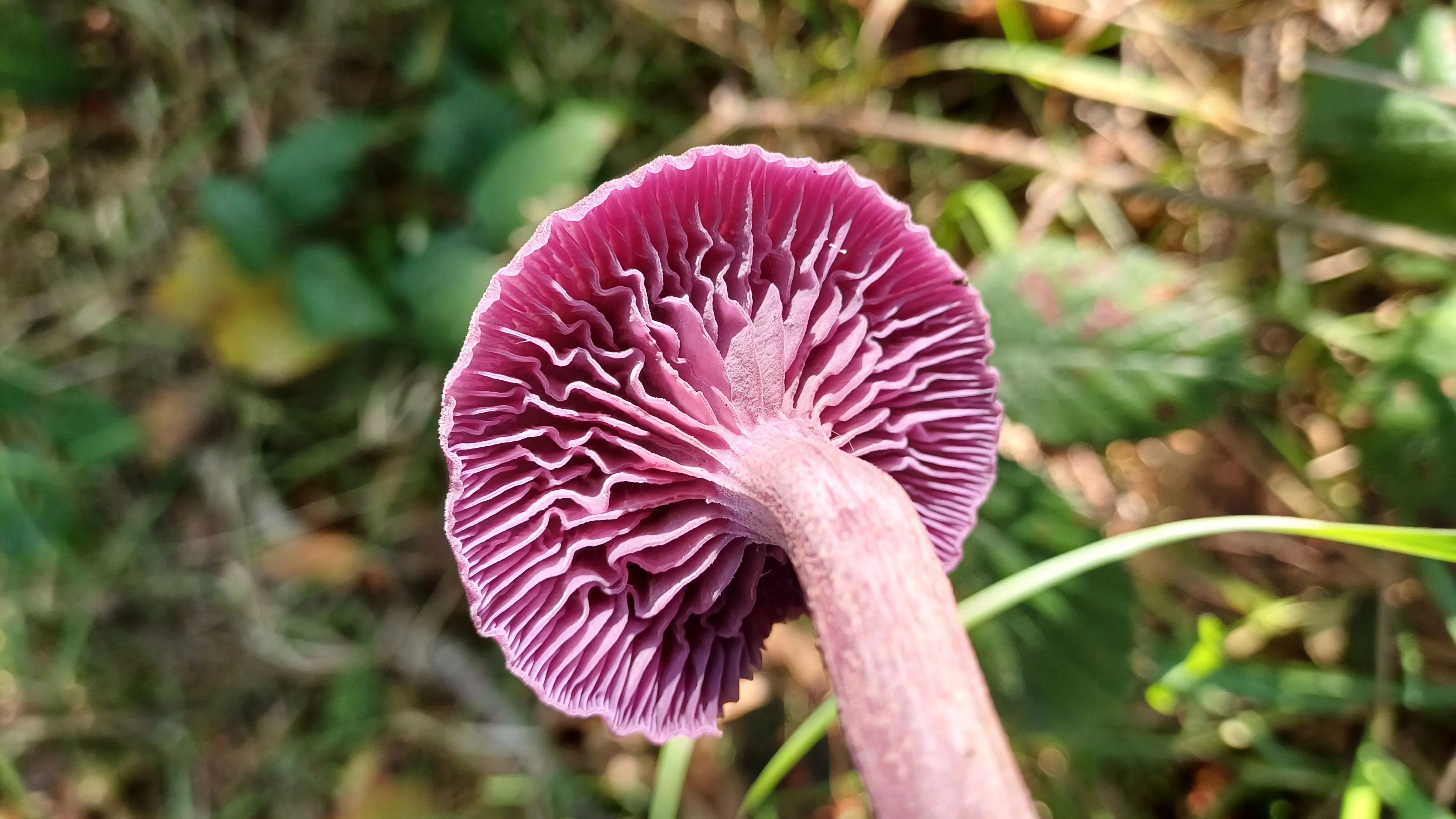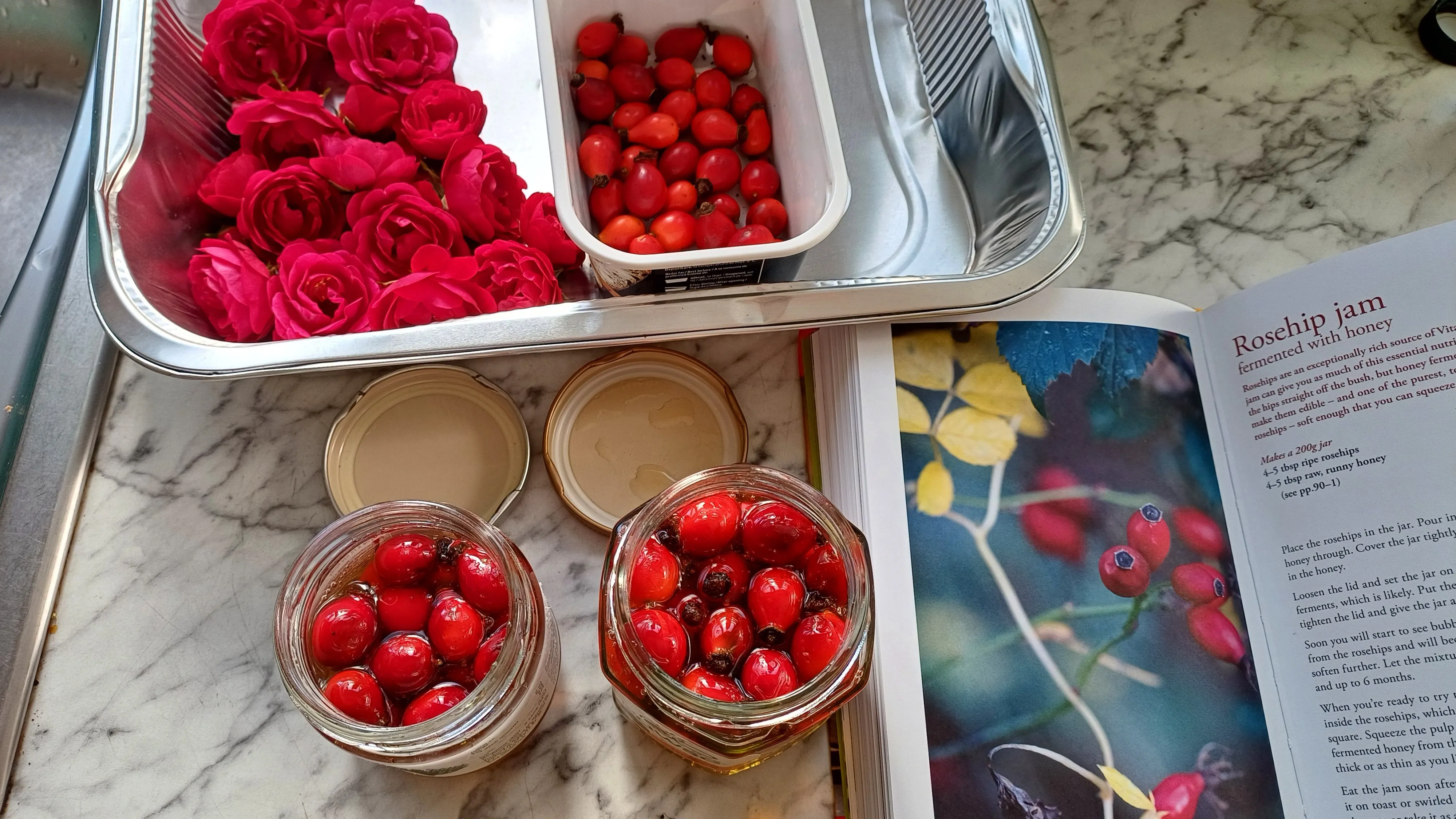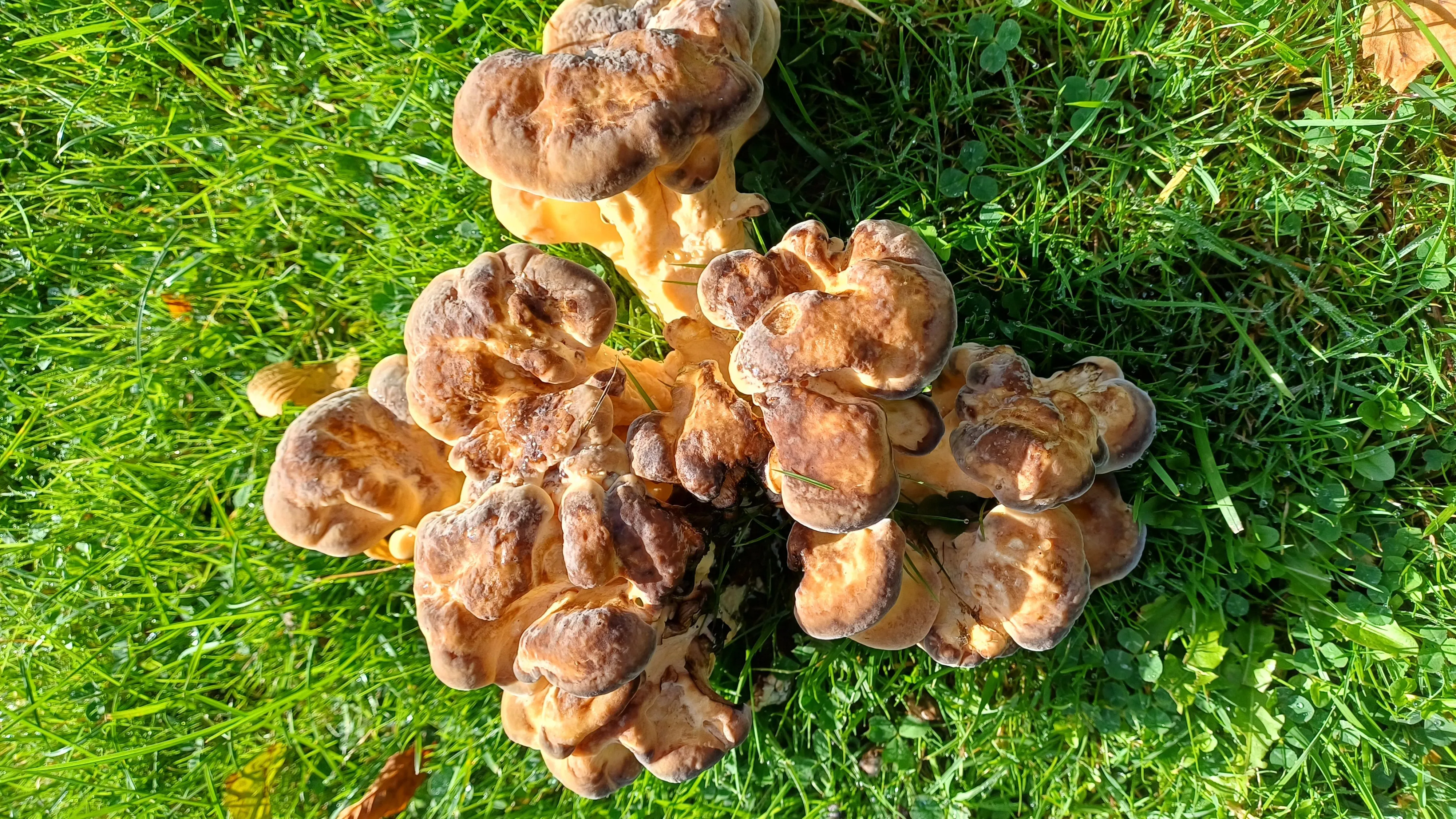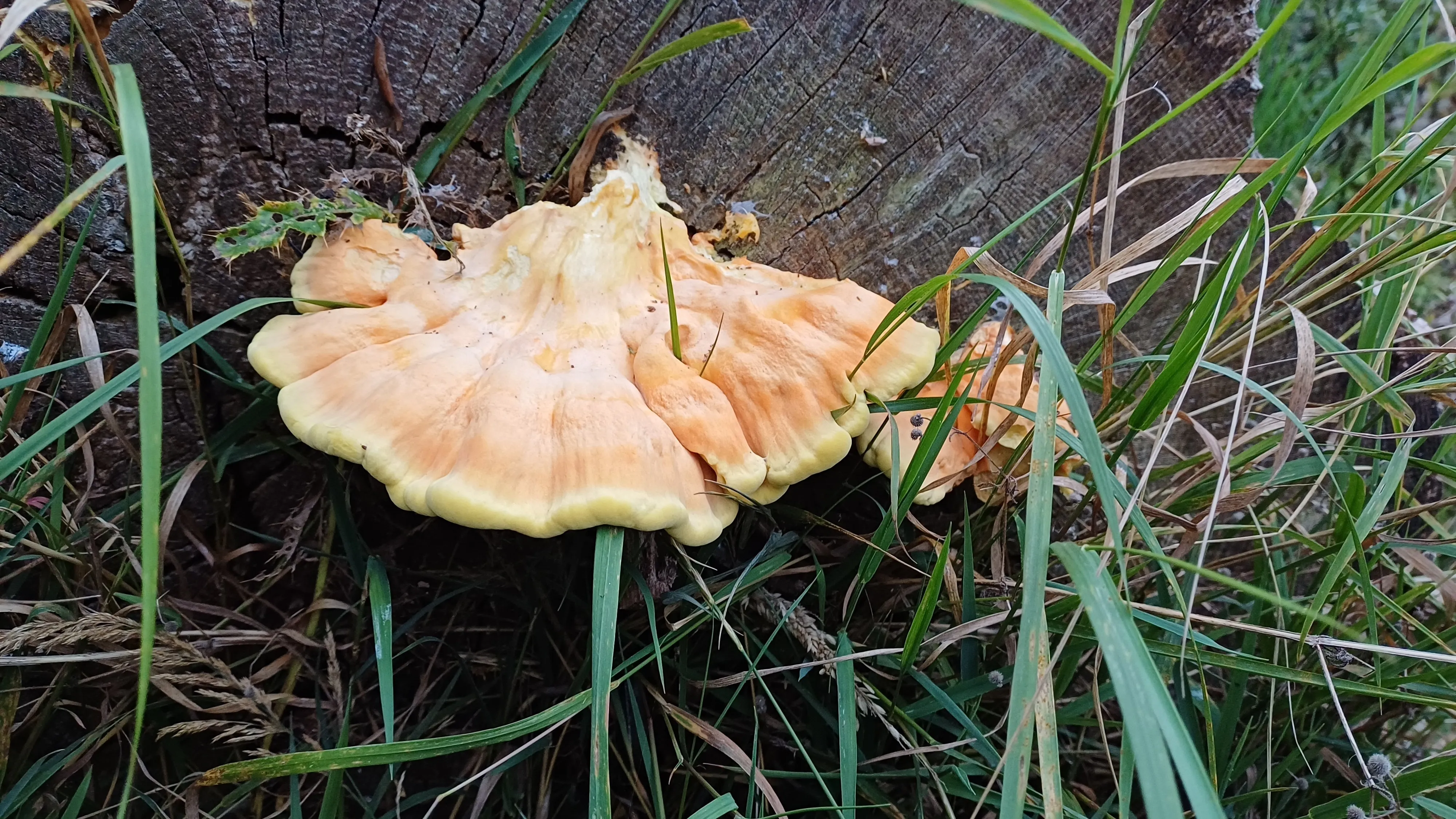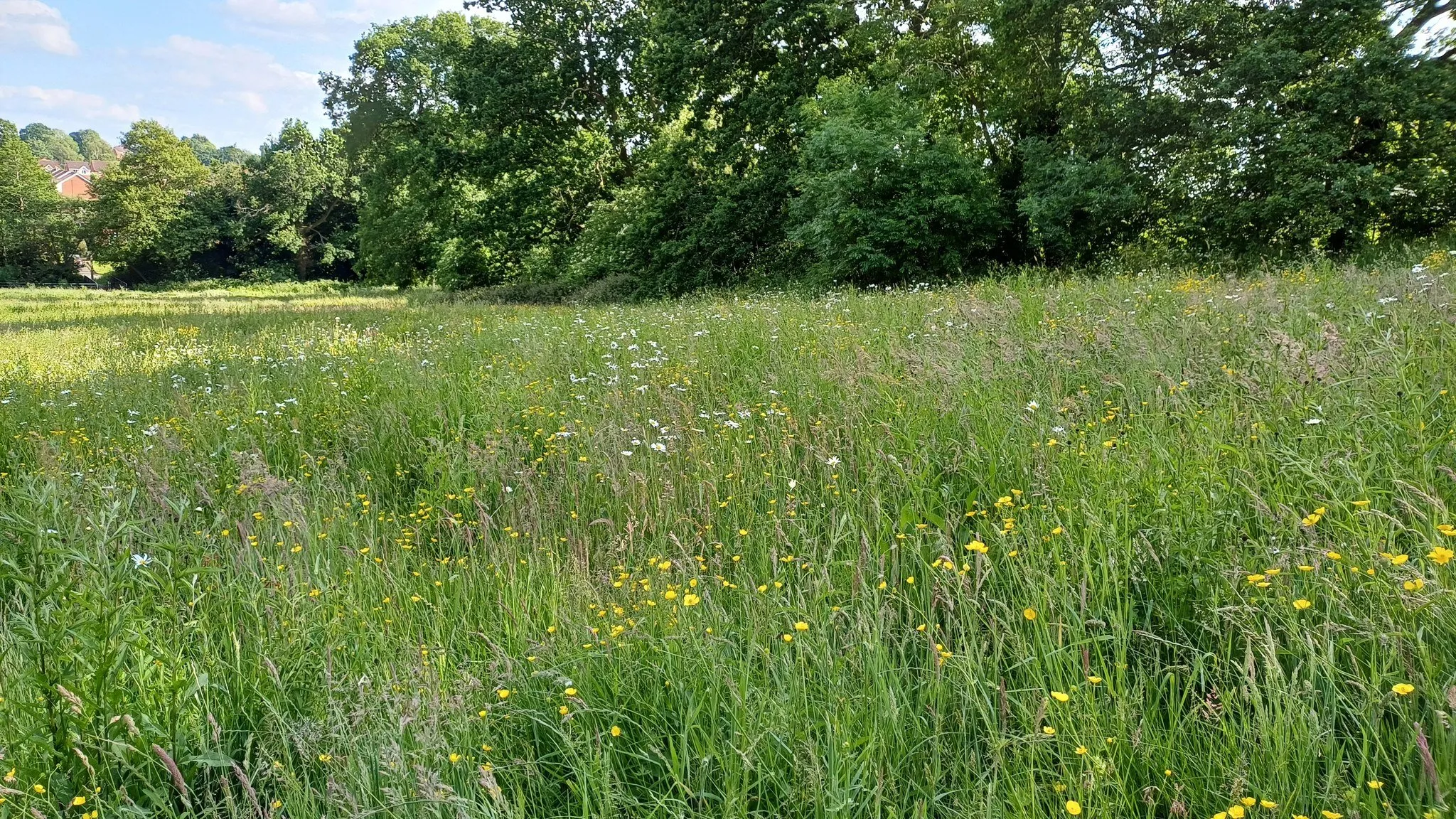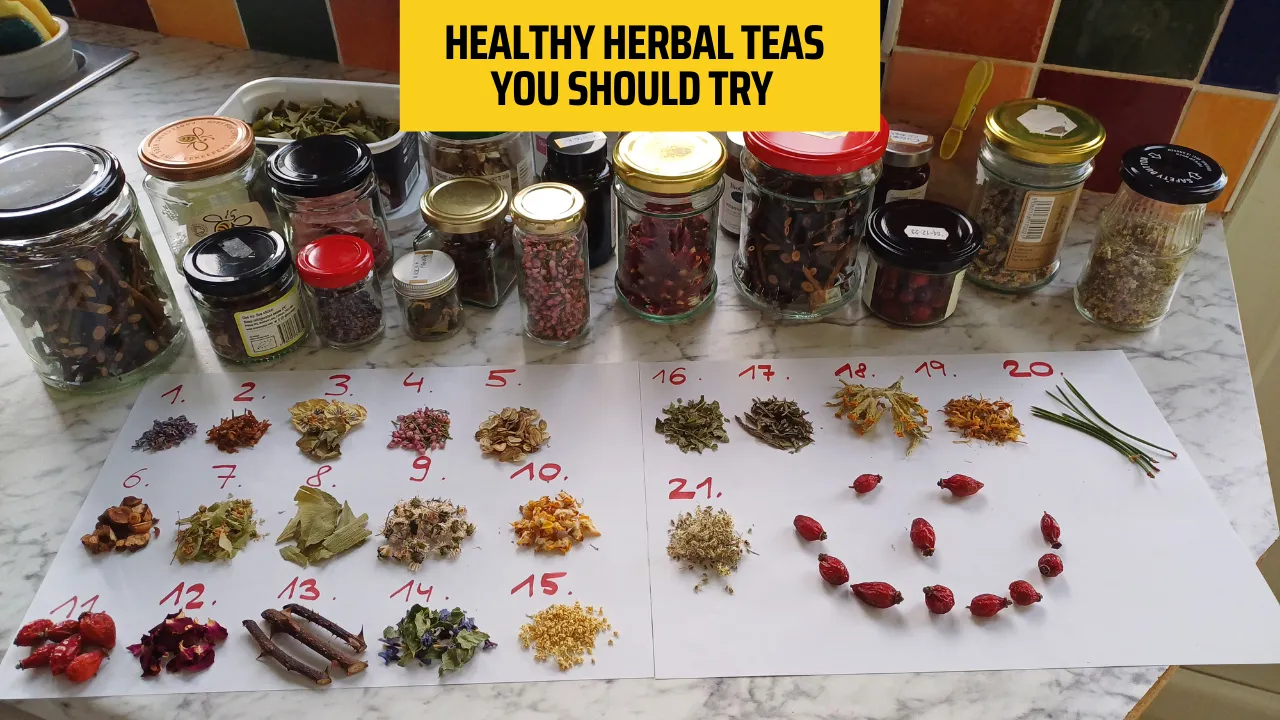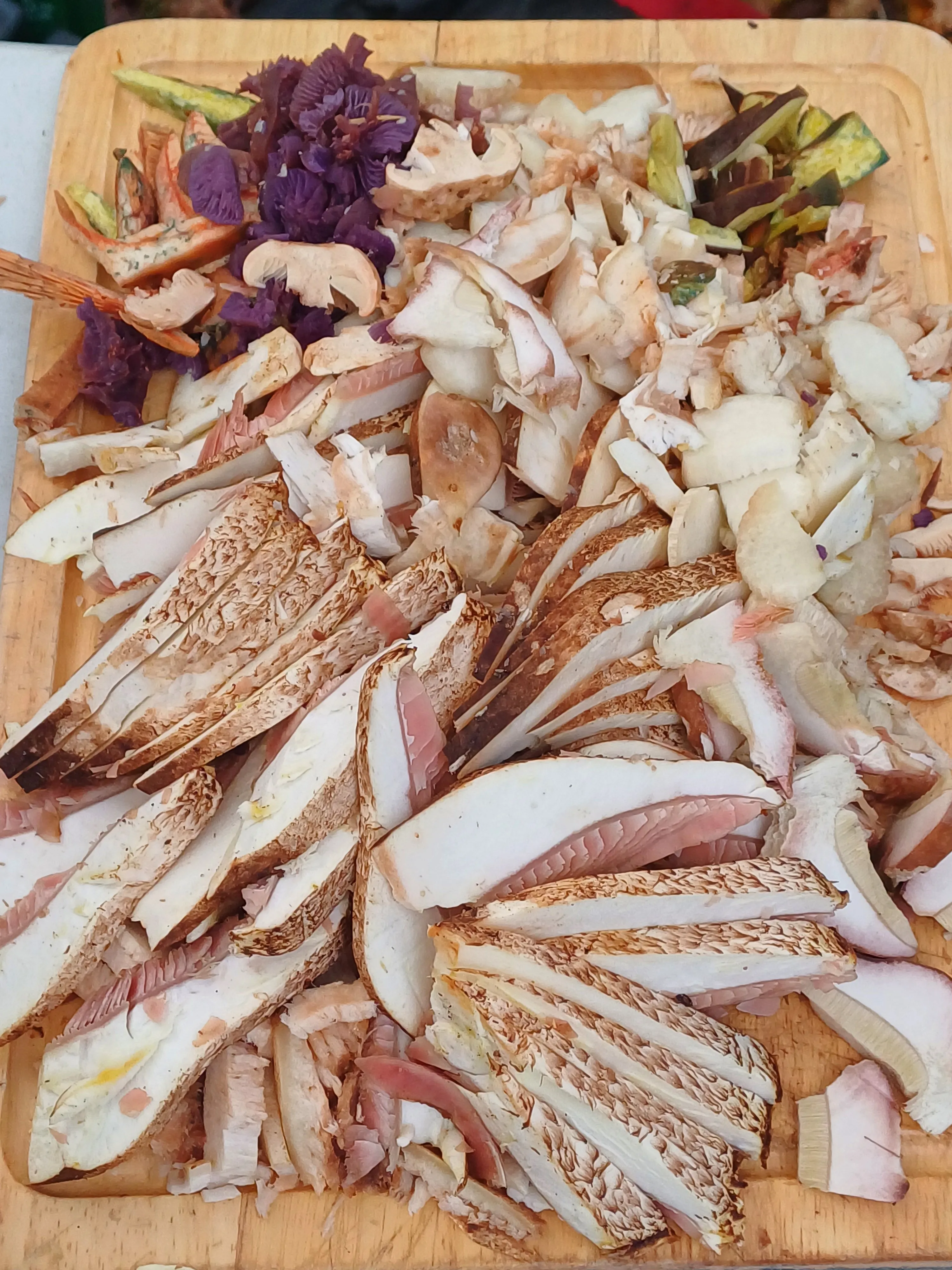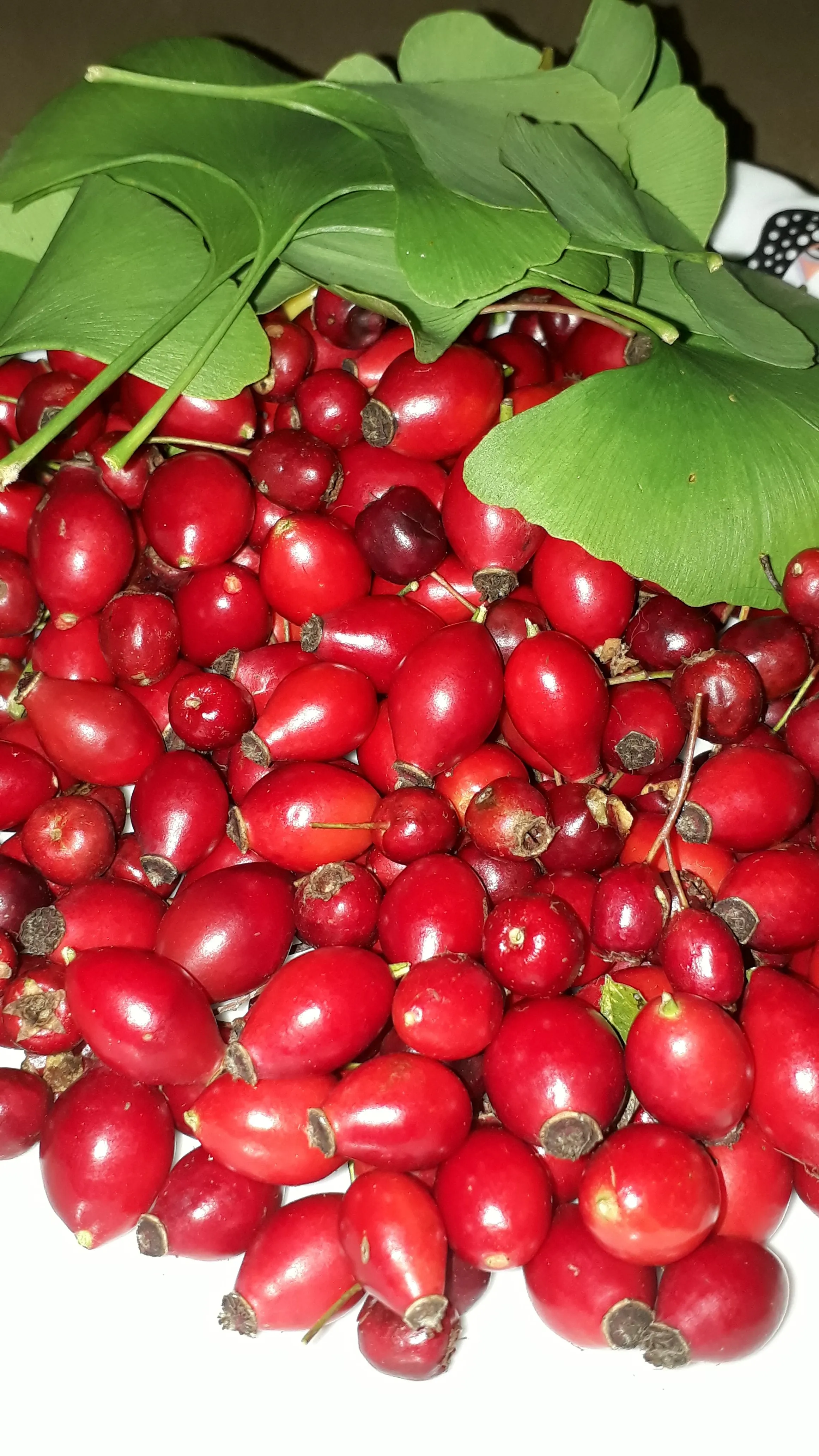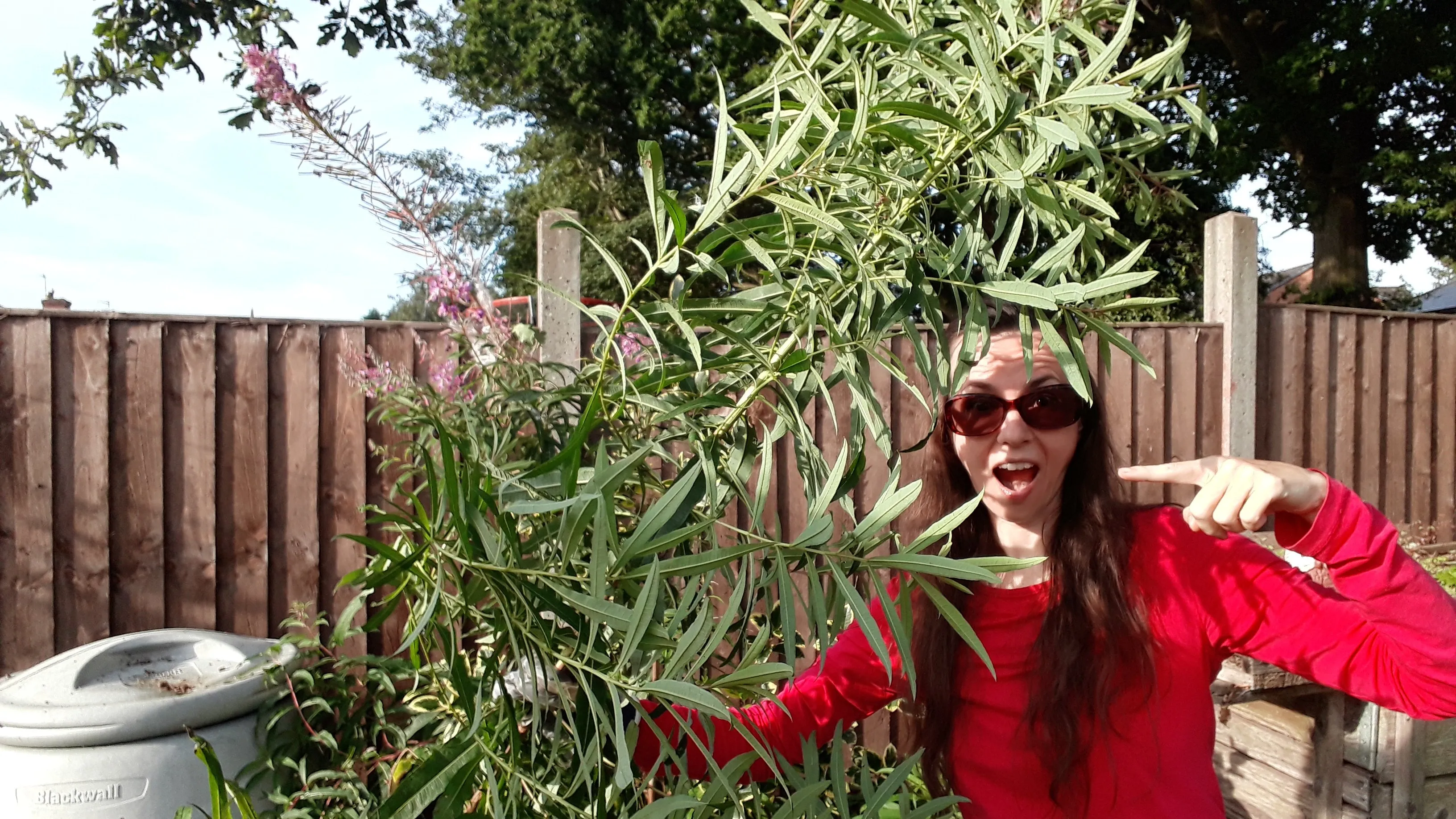👩🌾 No Dig Gardening
😮 I came across Charles Dowding's book "No Dig". Charles has spent a lifetime perfecting his no dig system of growing. And this book about no dig gardening is simply amazing!
Let me share something with you from Charles's book.
No dig methods make it easy to create and maintain a healthy and productive garden, on sites of any size or soil type. One application of compost each year, on top of undisturbed soil, results in high yields from a minimal input of time and effort. Leaving soil undisturbed is fundamental to no dig growing and although planting and harvesting will sometimes cause surface disruption, this can easily be kept to a minimum.
There isn't even any need to remove weeds when you begin, and the lack of digging combined with regular mulching significantly reduces the need for subsequent weeding.
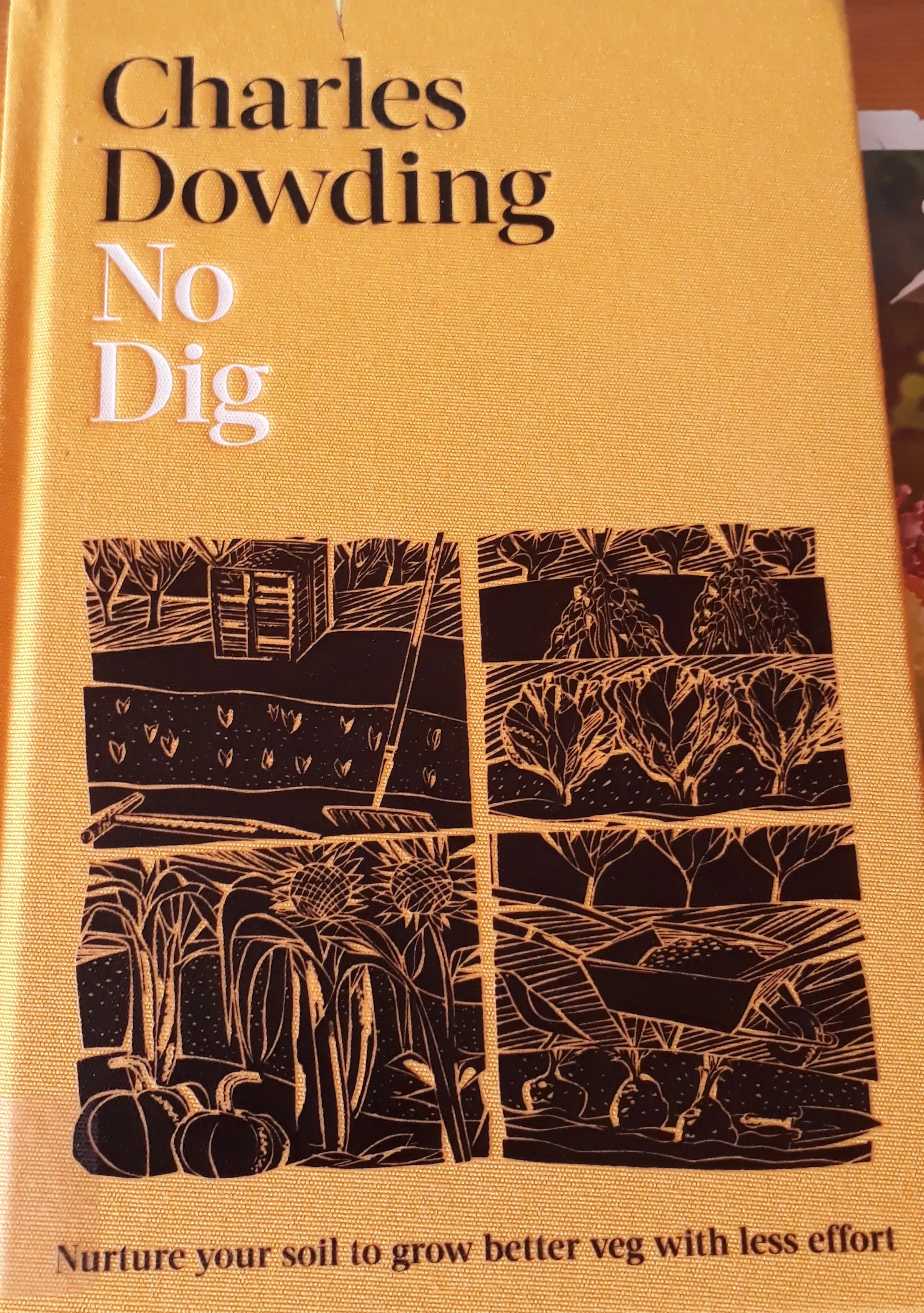
Of course it will take some time and effort to get there. I think I'm a new generation on no diggers.
🤣 No, I didn't say gold diggers! lol 🤣

I've been applying this method with some bits and bobs already, but this year I'll go deep on it. And why is that? It makes sense to me. Mother nature only applies one layer of compost once per year. That's it. And I believe gardening is more about enjoying yourself and not being slave to your garden. Let's see how it goes!
And yes, I'm human being too. If something can be done in shorter amount of time with less effort, I'm definitely up for it! More time to relax. Hurray!
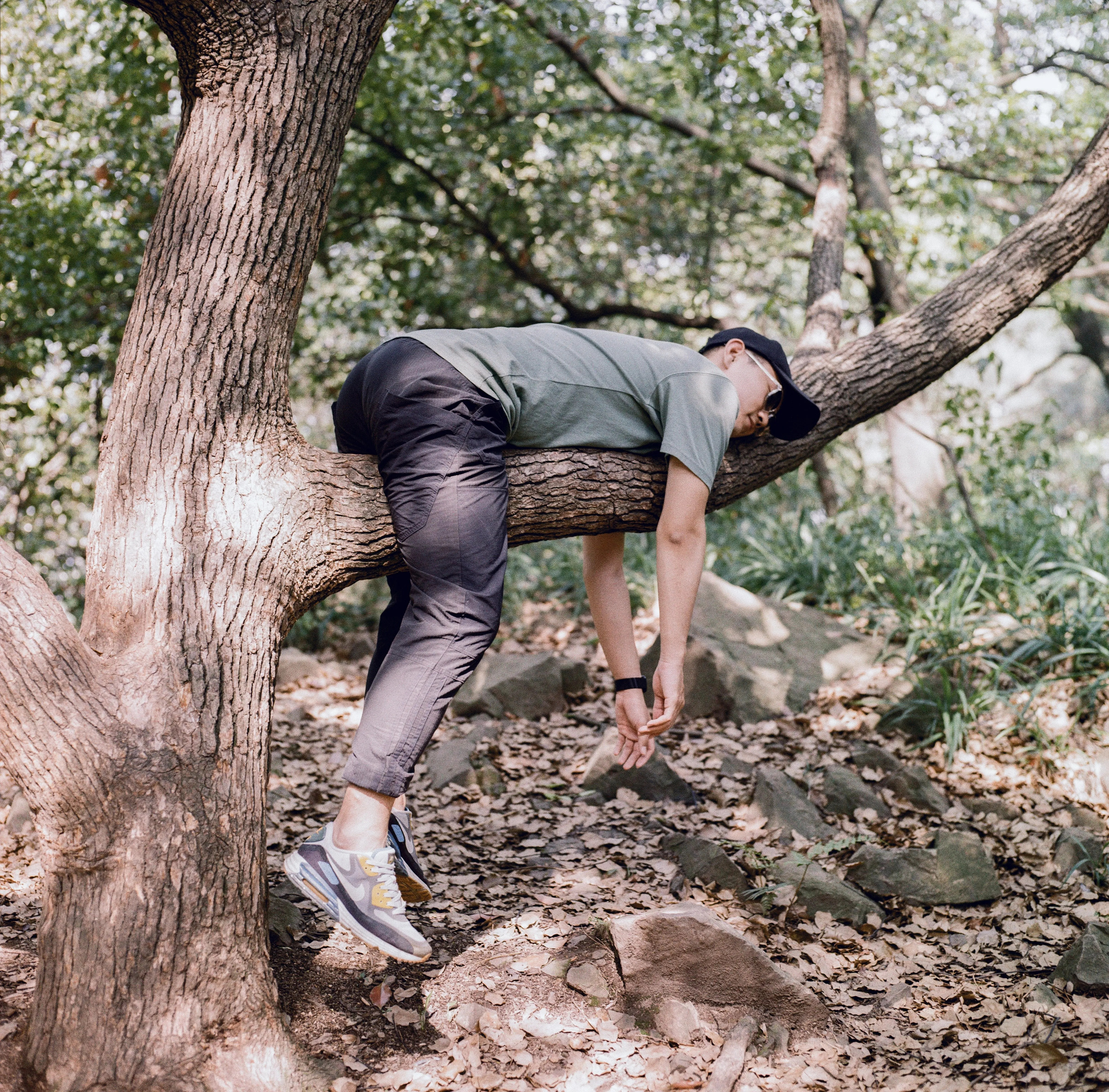
What's the problem with digging?
There's a common misconception that plant roots need soil to be loose and fluffy to grow, but their growth is actually better when the soil structure is firm.
Digging, and other types of cultivation break the existing structure of tiny channels withing the soil and damage the networks of fungal growth, such as mycorrhizae, which help plant roots to access water and nutrients.
Soil disturbance stimulates weed growth by bringing buried weed seeds to the surface, where they quickly germinate to cover bare soil and "heal" the damage caused by digging. Weeds then need to be removed before sowing or planting.
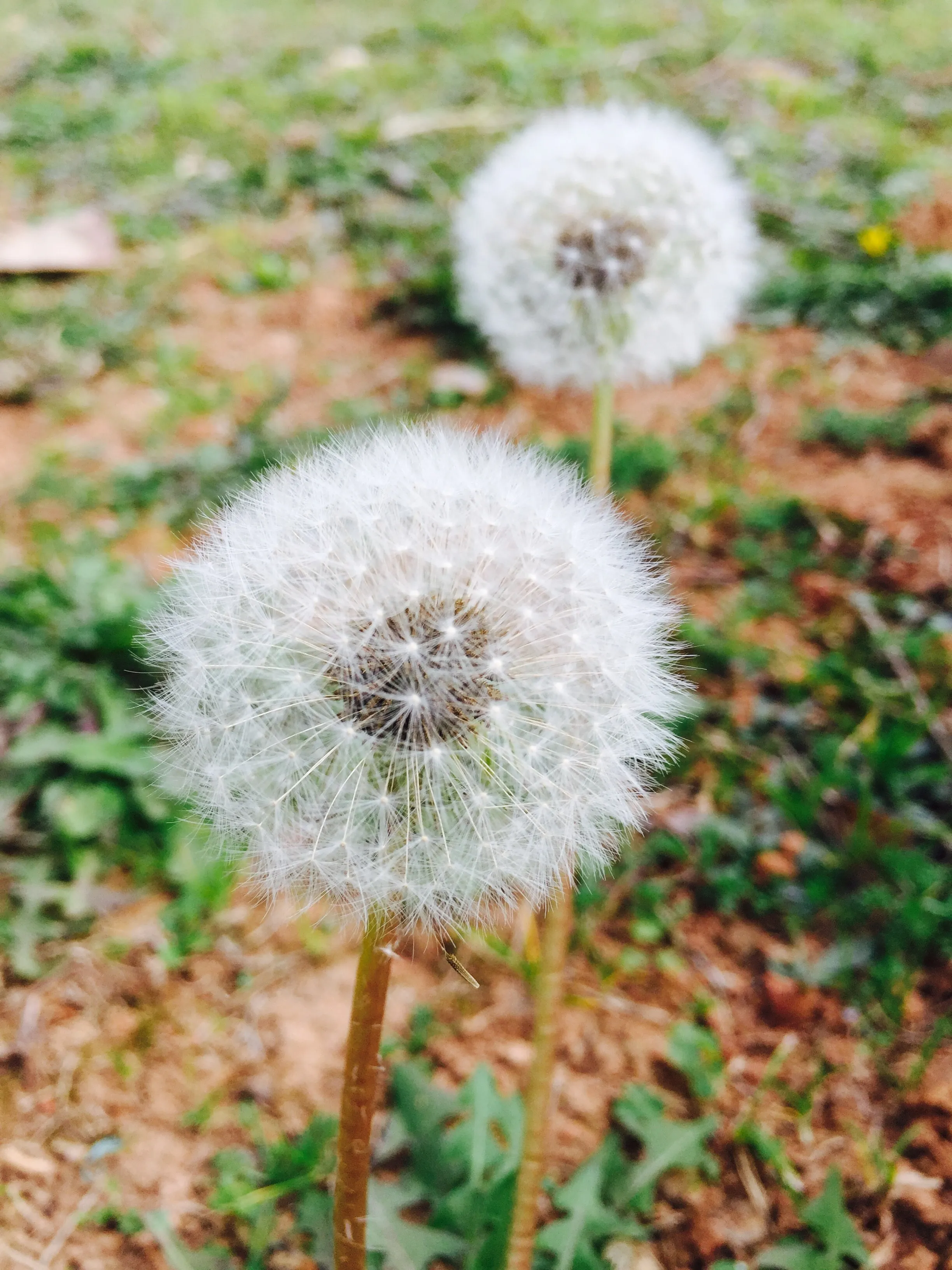
The no dig method is simple and easy to practice. Avoiding soil disturbance is key as it allows the natural processes within the soil to work without interference. Ground can also be cleared of most weeds quickly and easily without digging, by covering with a light-excluding mulch.
A second aspect of treating soil well is to add a mulch of well decomposed organic matter just once every year to feed the diverse range of organisms that live out of sight. In forests and pastures, this happens through leaf fall and decay, but a mulch replaces this in vegetable gardens, where we harvest much of the surface growth.
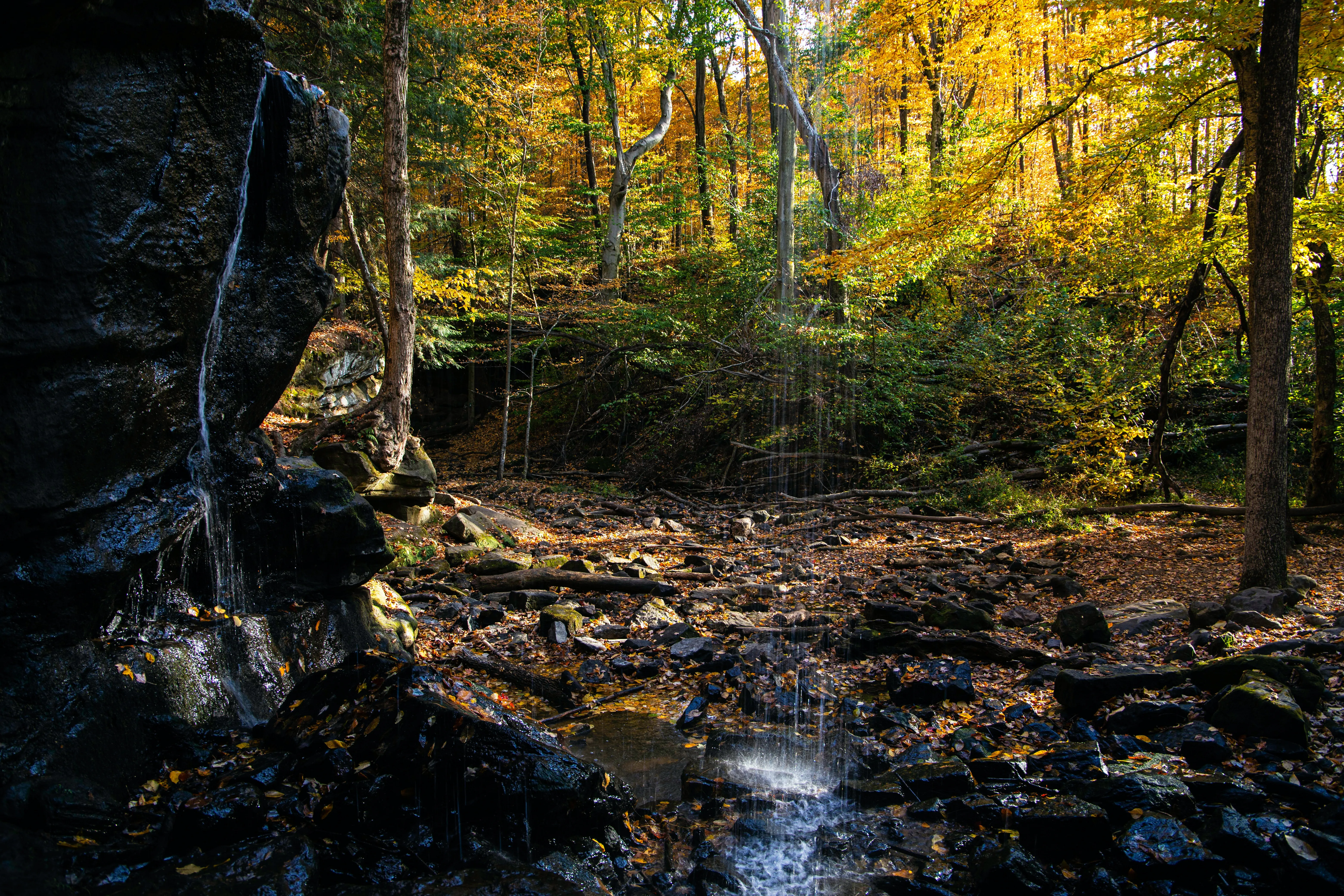
Charles applies compost mulch to beds in late autumn or early winter, after removing the last autumn crops and any weeds, so that the bed surface is covered for winter and will be ready for planting in spring.
The importance of compost
Compost is at the heart of a no dig garden, used both to create new beds and maintain the fertility of existing beds. You can make it yourself, but will almost certainly need to buy some to supplement your homemade supply, especially when you establish new beds.
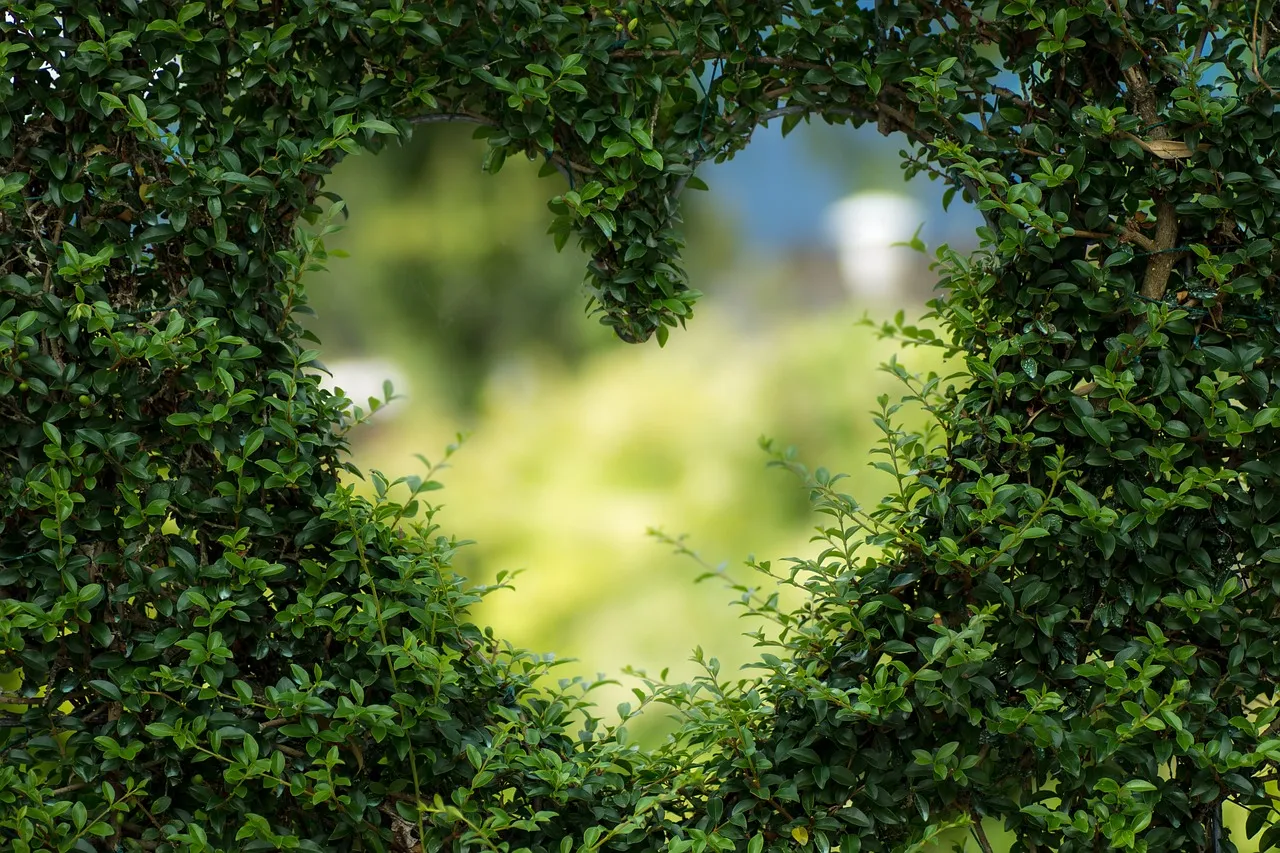
What is compost?
Compost refers to any carbon based material that is well decomposed. It may have started as garden waste, chipped wood, cereal straw, tree leaves, digester waste, or animal manure all decompose eventually.
When gardeners talk about using manure on their plot, what they mean is compost made from animal waste or manure, including any bedding materials.
Compost varies in colour from pale brown to almost black and often has a lumpy texture rather than being uniformly fine.
Colour, smell, and any visible materials are all clues about a product's original ingredients and the composting method used. More than anything they indicate the stage of decomposition.
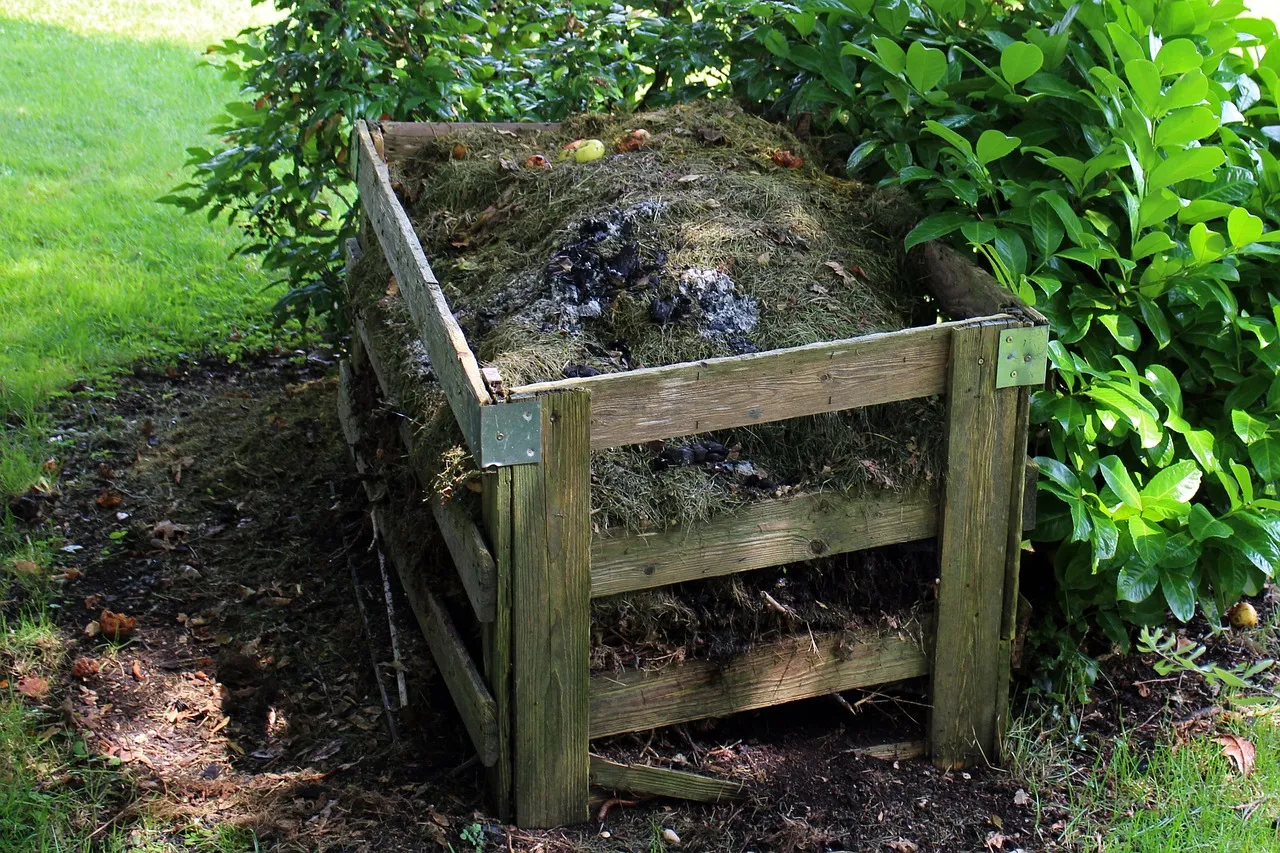
The process of decomposition generates heat, therefore warm compost is a clear indicator that microorganisms are still breaking it down.
They require nutrients to do this, which means that applying partially decomposed organic matter in the rooting zone can deprive plants of some food they need, and result in a lack of growth or leaves turning yellow. Newly bought green waste and mushroom compost are often fresh and still warm, so they improve when left to decompose for at least a month before using. If compost is still above 35 - 40°C allow it to decompose further before using.
How Much Is Needed?
Apply a larger amount of compost when you start out and smaller applications once a year after that. The existing fertility of your soil determines how much compost is worth using initially.
On poor ground or where weeds are particularly strong, a 15cm layer of compost is an investment to increase yields in future years, reduce weed growth, and improve the moisture retention of soil. Such a thick mulch never needs to be applied again and in other circumstances you could start with less.
Once everything is established annual applications of roughly 2.5cm of mature compost are sufficient, without spreading more during the growing seasons, even when you plant follow on crops in summer.
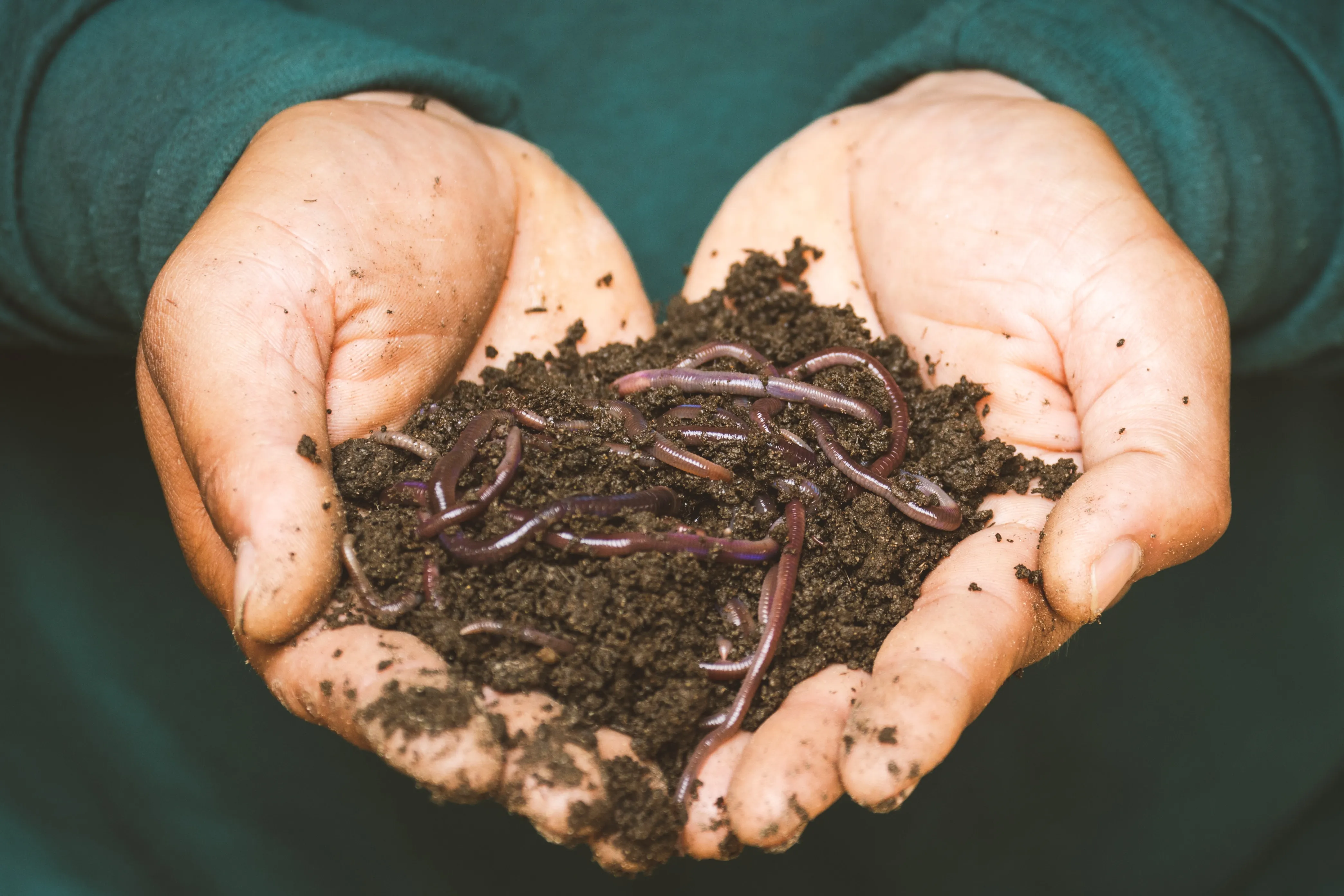
What Compost To Use?
See below, these are the best and most available composts for mulching no dig beds.
Leaf mould is also also an excellent fine textured compost with high fungal content, but it's not readily available and takes two years to produce.
I'm very thankful for oak tree at the back of my garden. I always make some leaf mould myself.
Another product marketed as "compost" is anaerobic digestate. Charles doesn't recommend its use, as it isn't compost, but finely chopped anaerobically processed material, which lacks microbial life.
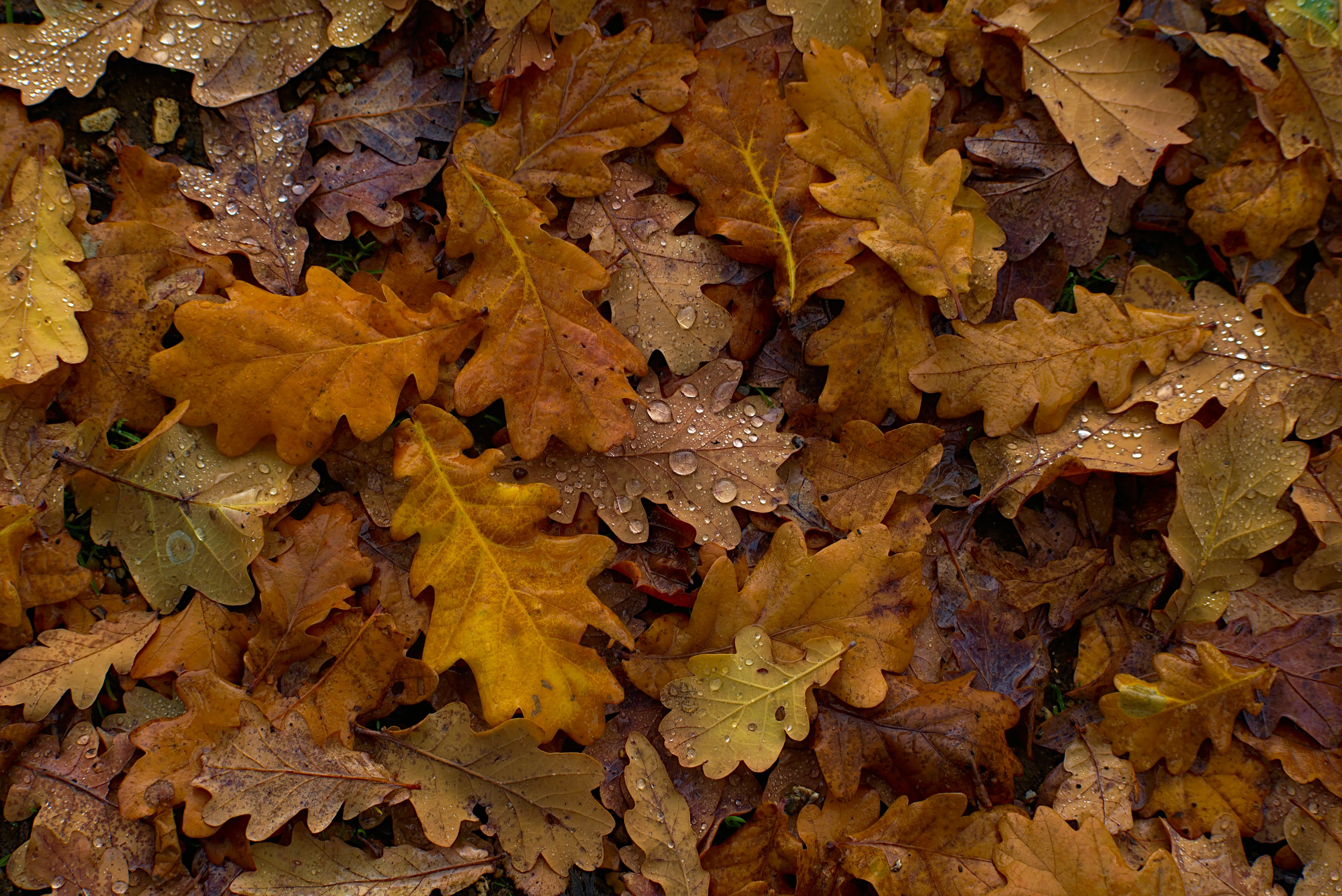
1. Homemade Garden Compost
This is one of the best compost for garden use. Its high microbial content is fantastically beneficial for soil although it's not necessarily the richest in nutrients. The texture and content will vary depending on what you added and how you looked after it.
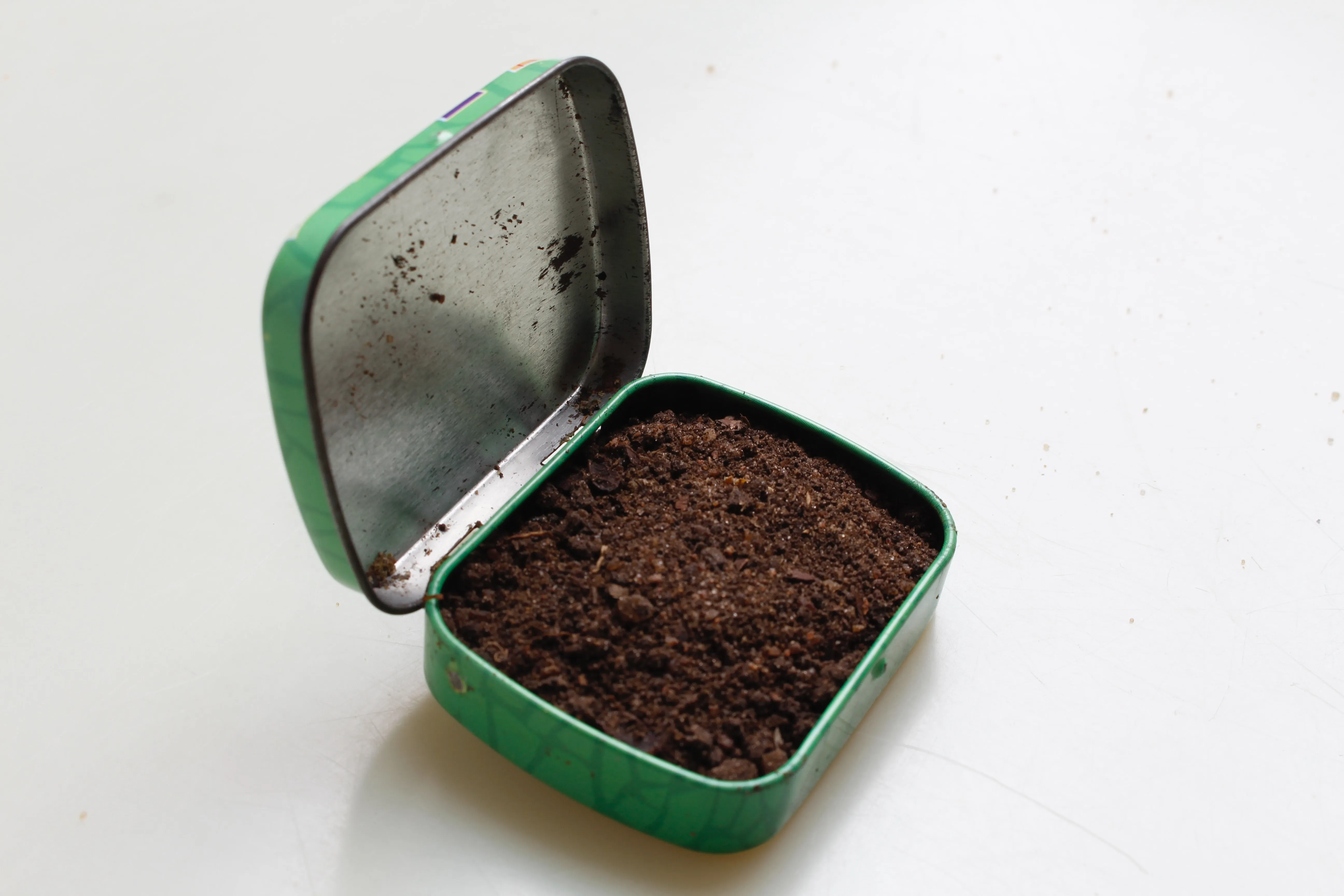
2. Bagged Compost
Look for peat-free free compost labelled multi-purpose, all-purpose, or potting and container compost. Avoid blends for seeds or cuttings, and ericaceous compost.
3. Green Garden Compost
This black compost is made from garden waste that's been processed at specialist facilities, where large heaps reach around 80°C. This heat speeds up decomposition, but kills most life, except bacteria, giving the compost a lower microbial content.
4. Mushroom Compost
Also called "spent" mushroom compost, because it's no longer useful for mushroom cultivation.
5. Composted Animal Manure
Animal manure enhances plant growth by introducing different microbes and extra nutrients, to both compost heaps and soil. Either add it in small amounts to your compost heap, or create a dedicated manure heap and use it when it is a year old.
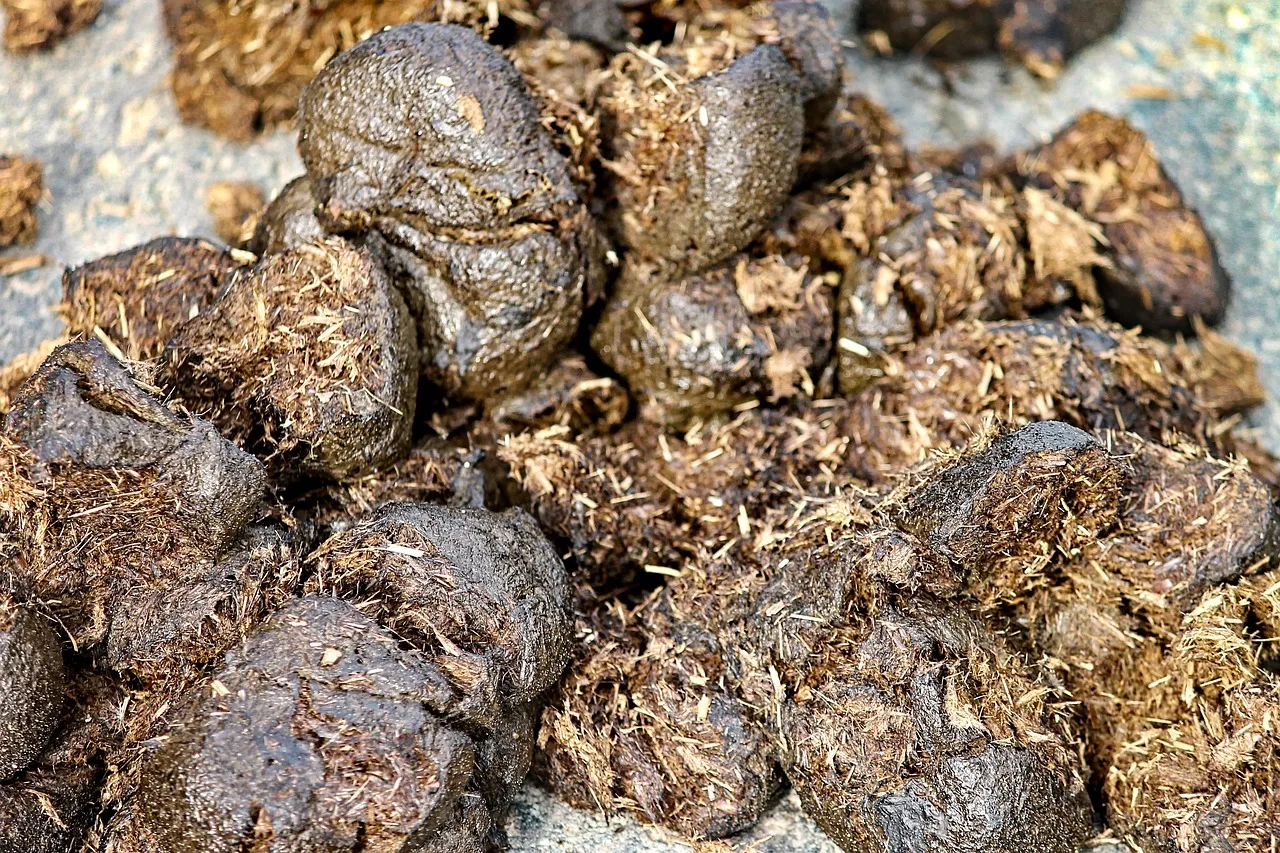
6. Composted Woody Material
Any kind of woody material in small pieces can become compost within two or three years, so it's a great resource if you have local supply and space for a heap. The smaller the pieces, the faster they will decompose.
Some visual help with numbers what each compost above looks like
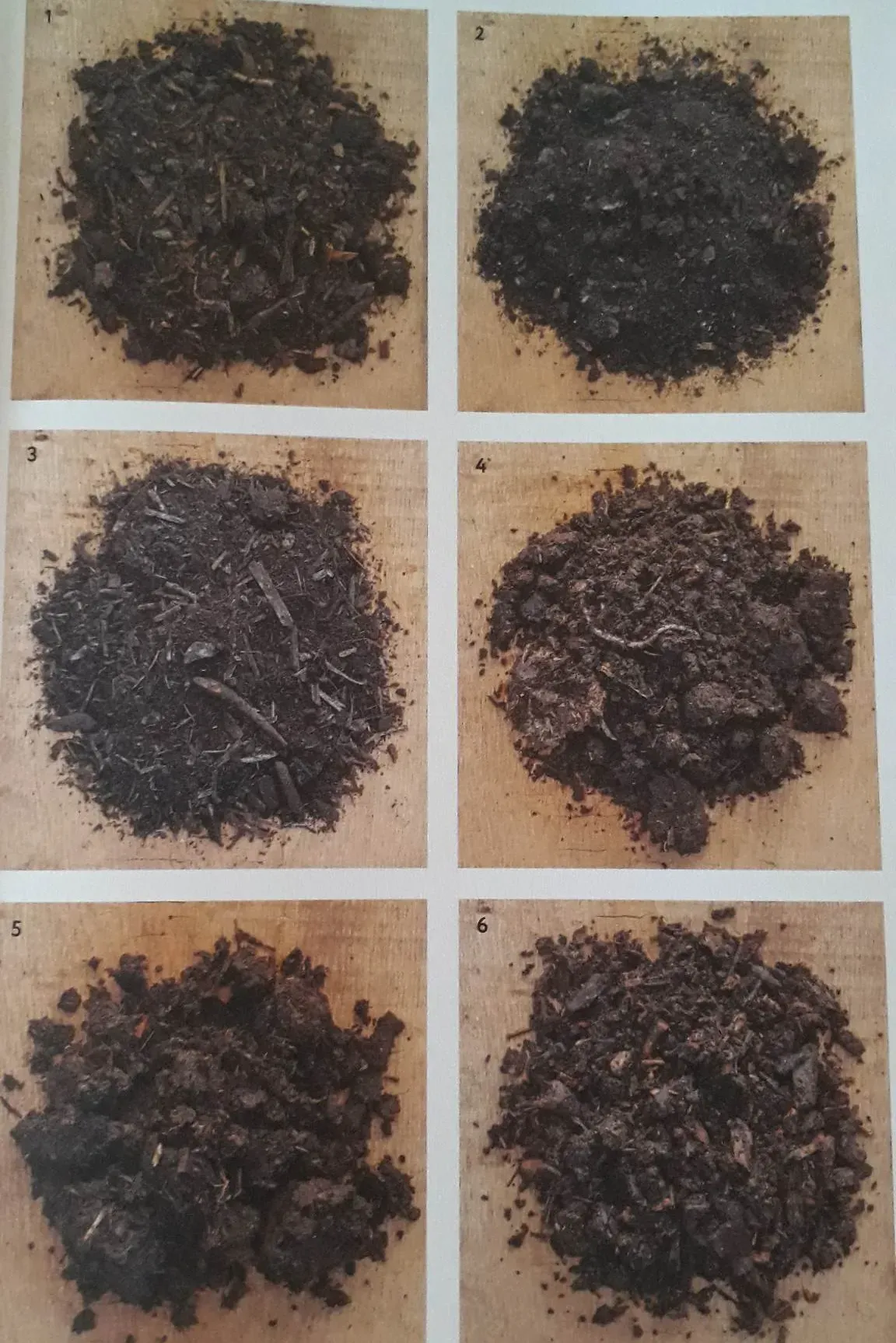
⚠️ ! WARNING ! Weedkiller Contamination
Charles now use less manure and purchased compost than before, because of the increased risk that they contain pyralid weedkillers, sprayed on grass eaten by livestock or on lawns. The herbicide stays intact during animal digestion and all composting processes, so that after mulching it causes pale, stunted growth of plant shoot tips, especially in legumes and solanums.
Ask your supplier about pyralid weedkiller use, and test any compost you want to check by sowing broad beans into pots before it is spread. If pyralid weedkiller is present, beans grow slowly and sow curling leaf tips within a month, depending on temperature. Soil microbes can eventually clear compost of this contamination.
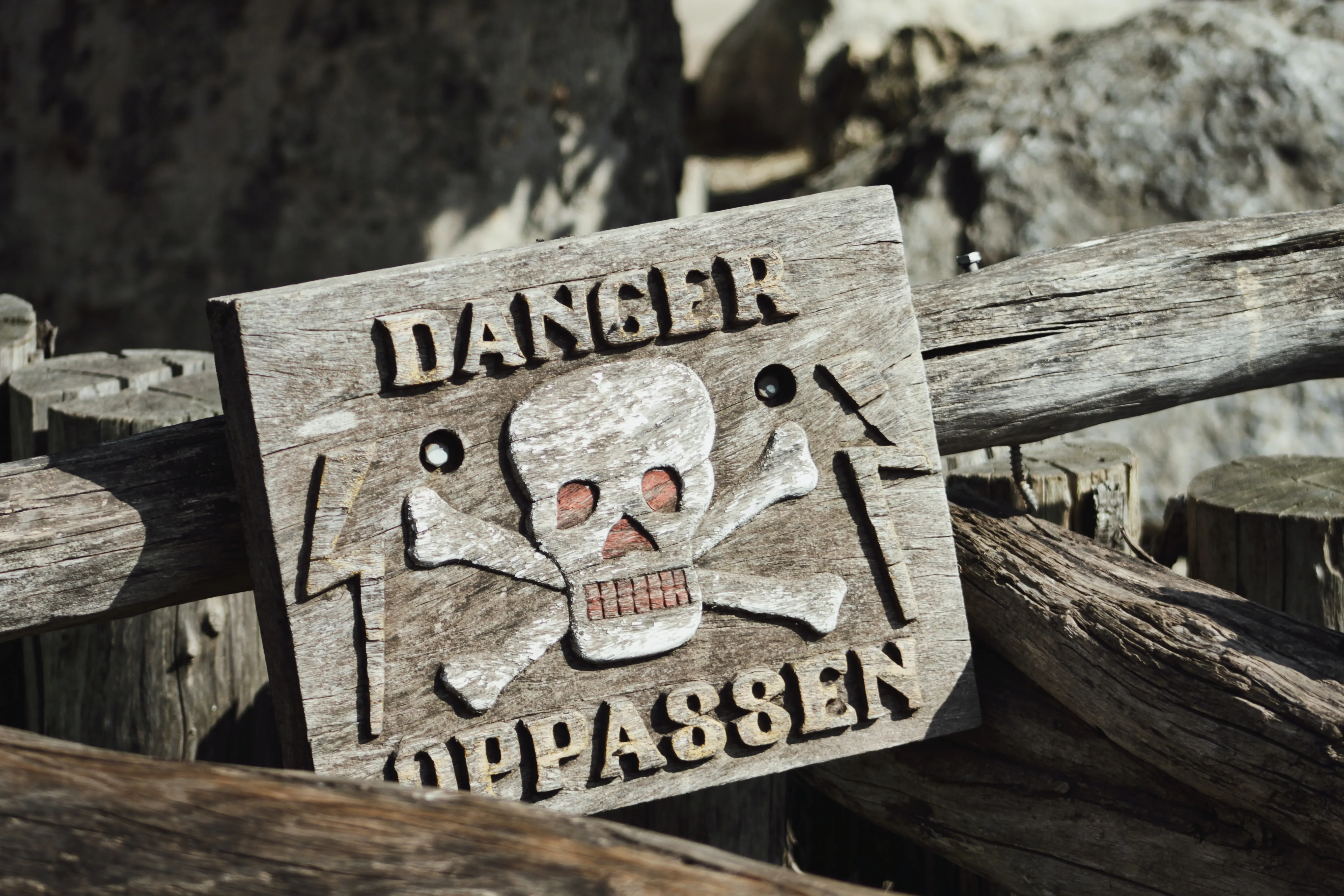
I highly recommend reading this book. It's not only about compost. Charles gives detailed cultivation advice for over 80 crops!!! His ways are truly tested, he's in the game for decades. This book might revolutionize the way you grow.
And who wouldn't like a nice healthy crop???!!!
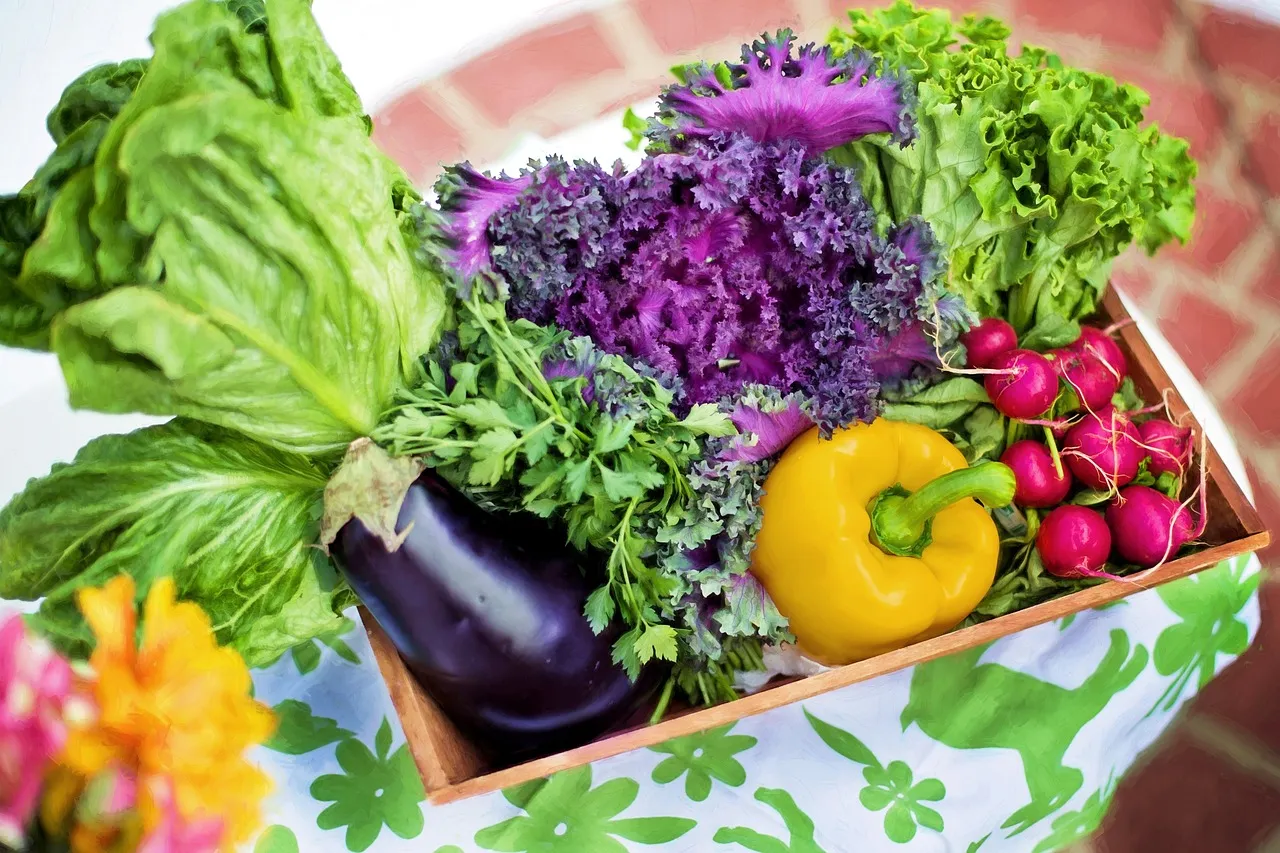
🥰 I hope it inspires you.
👩🌾 Happy growing and no digging season!
From my heart ❤️ to your heart.❤️

